With all eyes on the Winter Games opening this weekend, it seems like the right moment to catch up with some of our McKinsey colleagues who have competed in the Games themselves. From a 1996 gold-medalist swimmer to several more recent competitors, each took a different lesson from his or her time as an athlete.
Kanes Sucharitakul, Sochi, 2014
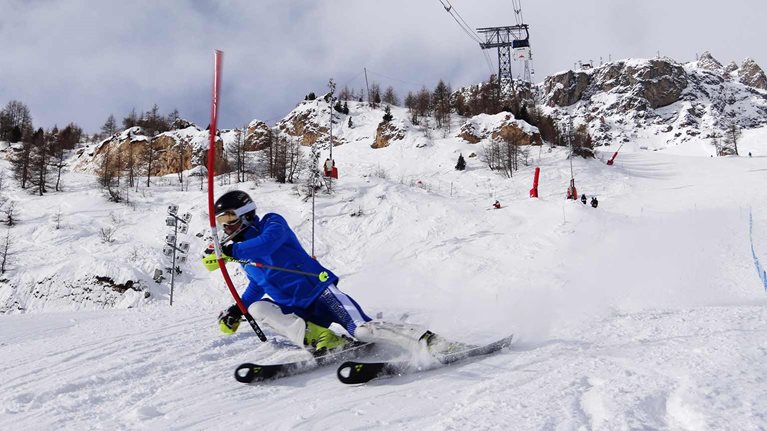
Hailing from the tropics of Thailand, Kanes Sucharitakul took an unorthodox path in his pursuit of competitive Alpine skiing. Having grown up with avid skiers as parents—his father is half German —he says, “I quickly discovered my love for the sport and the thrill of racing—and winning—from our family ski trips.” By the time he had graduated from university, Kanes was fully invested in getting to the Games, chasing winter wherever he could to compete.
Though he didn’t have the speed of his Austrian and Swiss rivals who benefitted from sponsors, professional staff, and decades of knowledge, Kanes was the fastest Thai on the planet. “Coming from a snowless land means you have to build your own training and competition programs,” he explains. The entrepreneurialism it demands, Kanes says, is one of the ways his journey prepared him for consulting life.
Another is the ability to quickly adapt to change. In the Sochi Games, Kanes finished 65th in the Giant Slalom, after starting from the 98th position in the start order. Before he even began, the course had become extremely rutted by the passage of the previous 97 skiers; he says, “It was basically a different course from the one the top racers competed on. But you need to perform the best you can in whatever conditions you find yourself.”
Kurt Grote, Atlanta, 1996
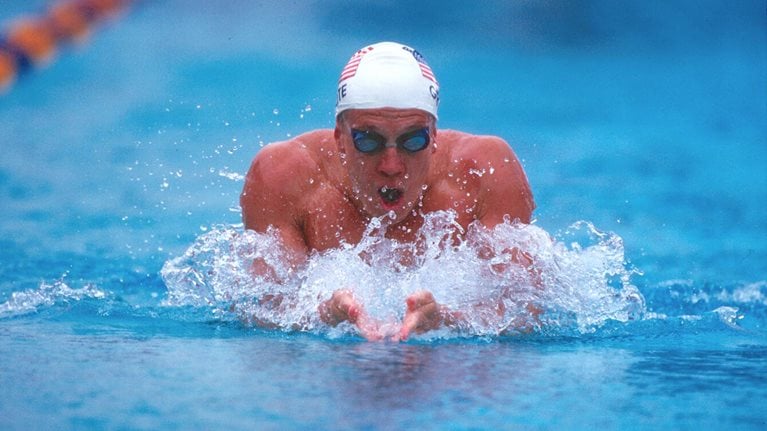
As a kid, Kurt Grote was not the picture of health, let alone an athlete. Suffering from severe asthma, he spent a lot of time shuttling between his pediatrician’s office and the hospital. At 15, his doctor recommended he try swimming for the therapeutic lung benefits of the surface water’s humidity. So he joined the high-school swim team, showing up for the first practice in board shorts and goggles—which he admits to never having worn before.
“I had a lot of catching up to do,” Kurt laughs. By the end of his senior year, he was the fastest sprinter on his team. By his junior year in college at Stanford, he was an NCAA champion, and by a year after graduation he had made it to the 1996 Summer Games in Atlanta—taking home the gold medal.
How’d he do it? “I realized early on in college I had to create a framework for myself,” smiles Kurt. “It focused on three areas—fitness, technical expertise, and mental toughness.” This meant spending a lot of time in the weight room, watching videos of competitors to learn their craft, and being surrounded by the best swimmers.
Now a senior partner in our Healthcare Practice for the past 15 years, Kurt has applied the same analytical approach to his career, having moved methodically from his dream job as a physician to being able to improve patient care across healthcare systems. “While I don’t treat patients at the individual level, now at McKinsey, I’m able to be part of large-scale efforts to really enhance patient care.” Kurt shares an example of a project he worked on with a healthcare provider that resulted in quality-of-life improvement for more than 10,000 people. “We implemented patient screening that ensured patients got the right interventions early on. To me, this is the real dream come true.”
Yvette Kong, Rio de Janeiro, 2016
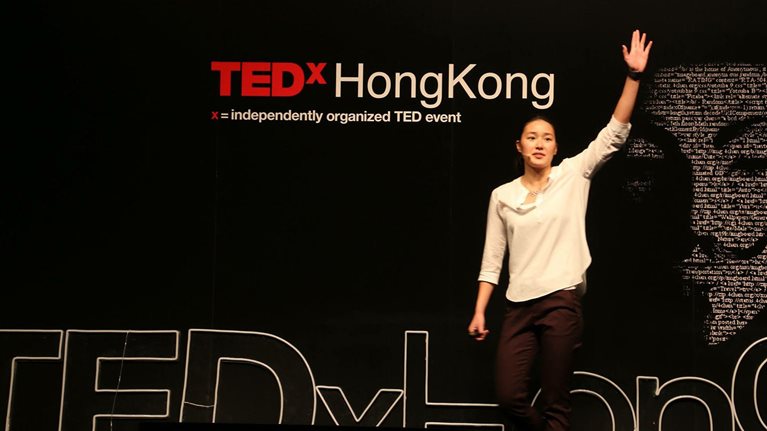
Yvette Kong joined the world of swimming much earlier in life, at 3 years of age, and at 7, she set her sights on making it to the Games one day. Despite years of competing and training nearly 20 hours a week in high school, she missed qualifying twice—first for the 2008 Beijing Games and then again for the 2012 London Games—by just one-tenth of a second.
“It was a real heartbreak for me, “she remembers, “followed by a very dark time in my life.” She lost all her desire to swim and decided to take a break to reset her gears. After 2 years, she returned to training again and finally made her dream come true, heading to the 2016 Rio de Janeiro Games.
Now in her first year at McKinsey as a business analyst, she has lessons of how disciplined thinking and perseverance pay off to bring value to every client project.
Aleksa Saponjic, London, 2012
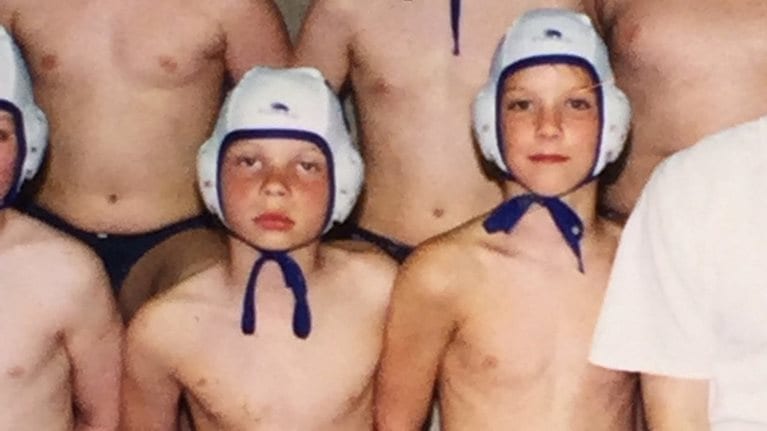
As a bronze medalist in water polo in the 2012 London Games, Aleksa Saponjic, who grew up and trained in Serbia, knows a thing or two about building a thick skin. Accustomed to the “tough communication style” of his coaches, he’s now putting his resilient spirit to the test as a first-year business analyst at McKinsey.
“Sports teaches you how to accept losses and focus on ways to improve for the future,” says Aleksa. He reminds himself of this when his analyses or presentations require multiple iterations. “I see my colleagues and clients the same way I saw my coaches—I’m ready to take their feedback and improve for the next time.”
Maya DiRado, Rio de Janeiro, 2016
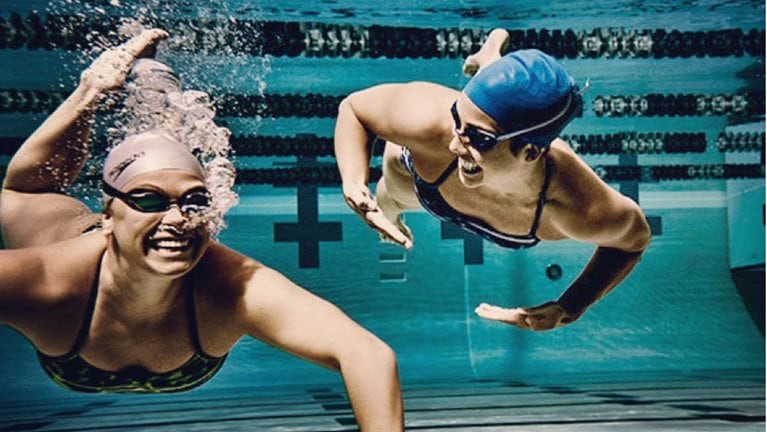
Before even getting to the 2016 Rio Games—let alone winning a gold medal in swimming there—Maya DiRado had decided she would be retiring after these Games. “I always knew swimming wouldn’t last forever and that there’s a hard stop for most people,” she says.
Swimming since the age of 6, “the Games weren’t really my focus until a year and a half before I went,” Maya admits. For her, it was more about enjoying the sport without all the pressure. Now in her first year at McKinsey as a business analyst, “I’m reminded of my 6-year-old self—taking in every opportunity to learn as much as I can without getting too bogged down on what’s to come down the line. And that’s when I tend to do my best.”
“It feels good to be exercising a different kind of muscle right now,” she smiles.
Like many of us across the world, Kanes, Kurt, Yvette, Aleksa, and Maya will be watching the Games and cheering on the athletes. We wish them all the best of luck.